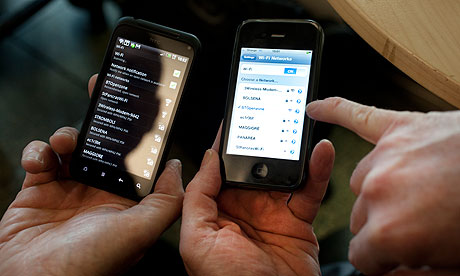Micro-volunteering has been the buzz word of the volunteering sector for the last few years. The promise of thousands of volunteers coming together to work on projects and tasks is an idyllic promise to many.
But critics say micro-volunteering is just another word for virtual volunteering, it doesn't lead to macro-volunteering and that it's akin to slacktivism (simply retweeting or clicking 'like' on a cause's campaign doesn't necessarily create impact).
Micro-volunteering movement supporters, led by the likes of Ben Rigby of Sparked.com, are fighting back. They say micro-volunteering is not the same as virtual volunteering, as tasks are bite-sized, crowdsourced, and network-managed. It shouldn't be judged on how many volunteers it converts for macro-volunteering. Micro-volunteering tasks are much more in-depth and (more often than not) more valuable than slacktivist actions, with tasks and projects when completed worth a lot more in equivalent economic values than an extra Facebook fan or two.
Micro-volunteering initiatives are proving how a global community of crowdsourced volunteers can make a big difference to those who need it most: the millions of small charities around the world, and, by extension, the people, social issues and environmental concerns that these charities are seeking to address.
We're beginning to see the rise of niche micro-volunteering services that seek to address specific social problems, such as 'Have a Go Heroes' (aimed at improving support for carers and those cared for), 'Spots of Time' (bitesize, creative ways for people to volunteer) and the Orange 'Do Some Good' app (a collection of micro-volunteering activities that you can complete on your mobile and on the move).
Even TheDonation – a sponsorship platform that replaces cash with environmental action, could count as micro-volunteering. If you're boiling less water or walking to work as a way of supporting someone running a marathon, isn't the small action that you have volunteered to do part of the micro-volunteering phenomenon?
The launch of BrightWorks, our new micro-vounteering platform, came less from a technology point of view and more as a direct response to the needs of the community we serve: small charities across the UK looking for support in PR, marketing and related communications. We may expand to other areas, but by concentrating on a niche part of a charity's activity we are better able to source volunteers and cater for specific needs.
We've also taken a different approach to how the platform looks and feels. Rather than a simple project posting with comments underneath, we've created a floating universe of projects and tasks that volunteers can choose from, which creates a more engaging environment for volunteers.
Presumably it's only a matter of time before someone white labels micro-volunteering and allows charities around the world to take advantage of this new way of working with volunteers, in the same way that platforms such as Ning.com white labelled social networks like Facebook.
But will small charities be able to resource and manage their own white label micro-volunteering platforms enough to make it worthwhile? They may not be able to, but I'm sure if they posted a volunteering opportunity to BrightWorks they could well get the support that they're looking for.
Ben Matthews is a freelance digital PR consultant and founder and director of Bright One
This content is brought to you by Guardian Professional. To join the voluntary sector network, click here.










